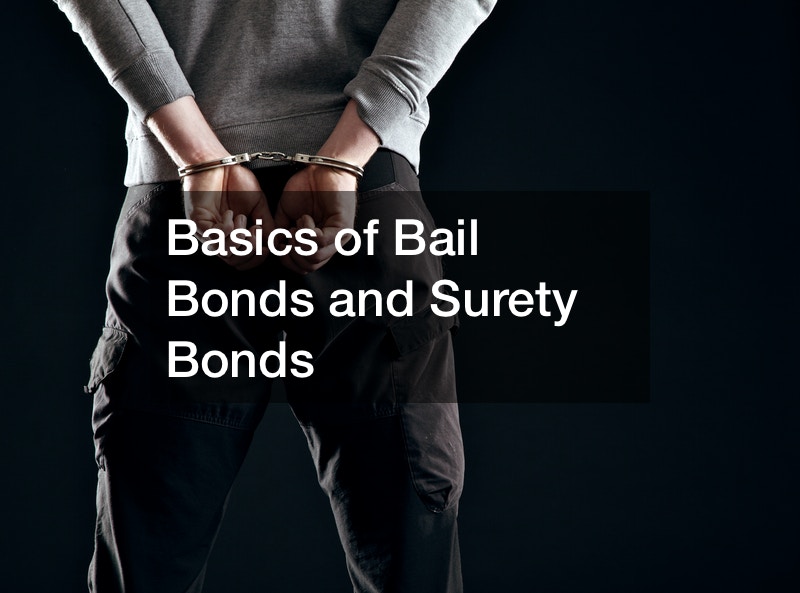
If you have ever wondered what a bail bond is used for, watch this video for a detailed breakdown!
For starters, you should understand what bail is. Bail is a pre-trial remedy for a person standing trial before a court of law. It is granted by court based on the presumption that any accused person is innocent until proven guilty.
When someone posts bail, it is with the assumption that they will appear on their agreed upon court date. A lot of the time, the person convicted does not have the funds to post their own bail. This is where a bail bond comes in.
A bail bond is a type of surety bond. A bail bond is cosigned by a bondsman who charges the defendant a fee in return for guaranteeing payment. Bail bond agents provide written agreements to criminal courts to pay the bail in full if the defendant does not appear in court. Most bail bond agents charge 10% of the bail amount up front in return for their service. Some agents require a statement of credit worthiness or demand some kind of collateral from the defendant.
If you have any other questions or concerns regarding the use of a bail bond, contact a local professional for more help.
.

